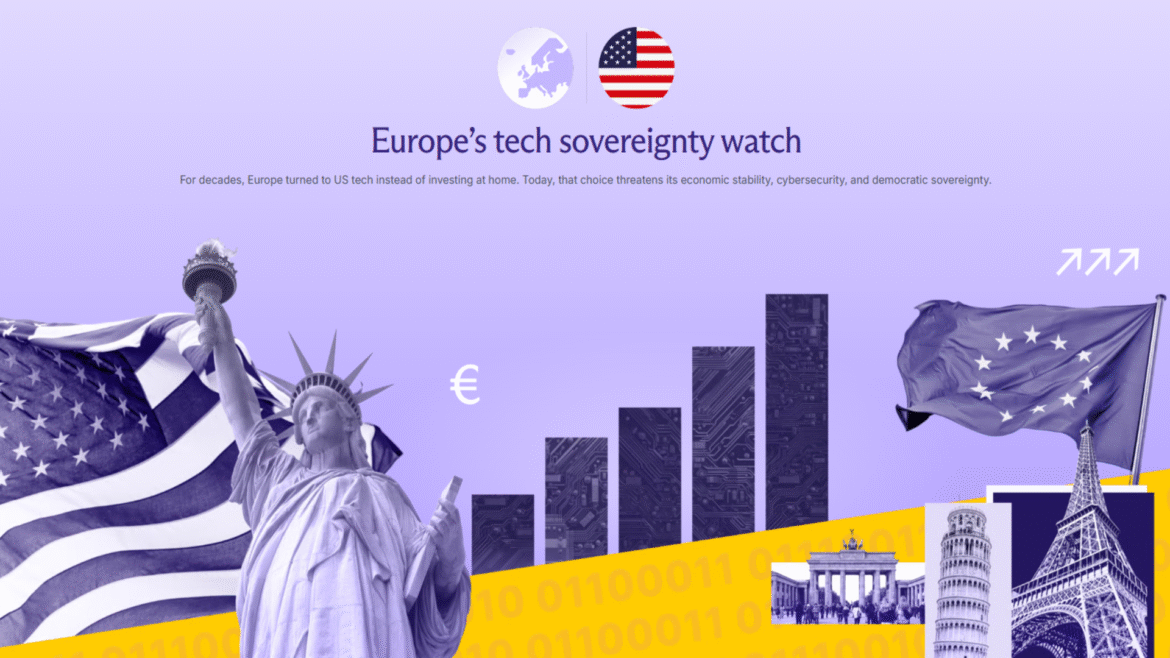In brief
- The U.S.’s recently passed stablecoin law has heightened pressure on Europe to accelerate digital euro plans.
- Deploying on Ethereum or Solana could expand global use of the currency, Decrypt was told.
- Yet privacy, governance and banking stability remain key concerns for officials.
European officials are considering whether to issue the digital euro on public blockchains like Ethereum or Solana, in a departure from earlier plans for a closed, centrally run system.
The debate has intensified in recent weeks ever since the U.S. passed its first stablecoin law in July, giving regulated dollar-backed tokens a head start in global finance.
Ram Kumar, a core contributor at blockchain infrastructure firm OpenLedger, told Decrypt that deploying the euro on a public chain would dramatically expand its reach.
“It would open the euro to the wider crypto economy instantly,” Kumar said. “It could plug into DeFi, global wallets, and cross-border payments without needing to build that infrastructure from scratch.”
Ethereum could offer “programmability and access to a rich developer ecosystem,” Kumar said, while Solana provides “low fees and high throughput that can handle consumer-scale payments.”
Both, he said, would make the euro more visible beyond Europe in ways a private ledger cannot.
Kumar added that the U.S.’s stablecoin legislation, dubbed the GENIUS Act, is forcing Europe to move faster.
“If the dollar gets a head start in digital payments, it risks overshadowing the euro in global finance,” he said.
The Financial Times first reported that officials were considering the use of public blockchains late last week.
Mounting pressure
Still, risks over such a model remain.
Privacy is the foremost concern, with public blockchains clashing with the EU’s GDPR framework, which includes rights such as data erasure, and the European Central Bank’s stated goal of preserving cash-like anonymity in digital payments.
Technical and governance issues also persist, including Ethereum’s scalability limits, Solana’s reliability record, and the reality that upgrades and validators would remain outside direct state control.
Policymakers have warned that a widely accessible euro token could pull deposits from banks if not carefully designed.
In April, ECB executive board member Piero Cipollone warned that U.S. stablecoins could move deposits from European banks and strengthen the dollar’s global role.
Measures taken by the new U.S. administration under Trump “to promote crypto-assets and U.S. dollar-backed stablecoins” are raising concerns for “Europe’s financial stability and strategic autonomy,” Cipollone wrote at the time.
An ECB spokesperson told Decrypt its position remains unchanged, pointing to Cipollone’s confirmation in July that a digital euro could be technically ready “in the next two-and-a-half to three years after the legislation is in place.”
Daily Debrief Newsletter
Start every day with the top news stories right now, plus original features, a podcast, videos and more.


